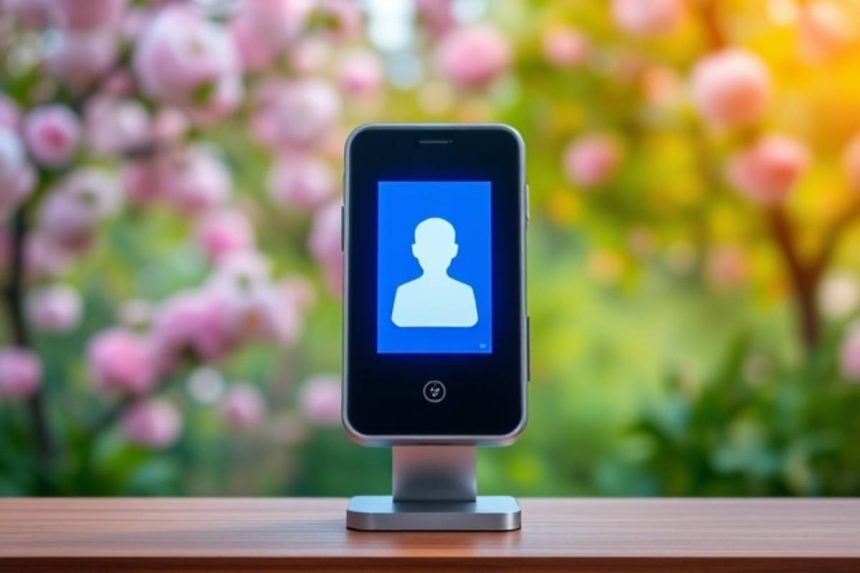To combat cyber attacks and access point issues, businesses are exploring smart ways of securing their IT infrastructure.
In this regard, ID scanners find their place right at the core of verification processes. Through aspects such as securing sensitive facilities and boosting customer experiences, these devices have become crucial contributors to security and access management.
With instant verification of authenticity, logging visitors, and integration with advanced systems, the ID scanners ensure entry is given only to people with the right to enter.
Here are seven compelling ways ID scanners are changing security and access control.
Streamlined Visitor Management
Whether it’s a corporate office, an entertainment joint, or a residential complex, there is always a constant flow of visitors who come and go.
ID scanners make the process fast and efficient as they scan the information into their database for future reference. Once the details get scanned, the system records the key information; therefore, holistic time is saved along with increased efficiency.
While this automation makes the visitor’s experience richer, it also provides a reliable database for reference in the future.
In case of any incident, access to specific visitor information becomes easy, and traceable activity within the premises can easily be guaranteed.
Real-Time Access Control
In every place with restricted access, such as government or high-security areas, it is essential that only authorized personnel can enter.
ID scanners now allow real-time access control to be integrated into the security system when an individual ID is scanned. Their credentials instantly comply with the pre-approved list to grant or deny access as appropriate.
Many modern ID scanners are connected to timekeeping systems to keep track of employees. For that reason, it enhances the efficiency of operation while at the same time ensuring sensitive areas are secure.
Verification of Authenticity
Identification confirmation is necessary in establishments such as banks and government offices with restricted access.
ID scanners have profoundly enhanced technology that verifies the authenticity of identification cards. Tampered IDs, outdated or otherwise fake, are easily spotted since these devices cross-referenced the embedded data against official standards.
For places involving businesses in bars and clubs, this check becomes all the more essential in nature due to legal requirements like age limits, among others.
An ID card scanner means better protection against liability issues, which helps preserve the reputation. Modern tools are versatile, making it easy to scan many government-issued documents.
Data Logging and Incident Management
Every scan creates a time-stamped record that may be invaluable in auditing or investigating an incident. For instance, theft or unauthorized entry may require security teams to go through logs to identify who was on location at the time of the occurrence.
These logs also facilitate compliance with the regulations in an industry so that a business can prove the consideration and maintenance of security measures.
A proper logging system means that security breaches can be responded to much better.
Boosting Operating Efficiency
ID scanners automate the management of visitors, making operations highly efficient. They save information about visitors instantly and record it instead of using paper logs or making them sign in.
This system not only accelerates the process but presents a record in a more orderly fashion of who is on the premises at any given time.
Automated visitor management minimizes the chance of human error and creates very consistent compliance with security. It can also pre-screen visitors to limit access to specific areas based on predefined criteria.
Identify Fraud Prevention
Within these devices is an advanced technology that can verify whether genuine identification documents are authentic in case of tampered alterations, duplicates, and counterfeit IDs, among others.
By scanning barcodes, holograms, and other embedded security features, ID scanners thus ensure that only legitimate persons gain access or service.
ID scanners contribute to the organization by reviewing the compliance requirements set forth by regulation, including know-your-customer (KYC) protocols.
The accuracy of identity verification reduces possible fraud risks; hence, it is one of the tools in contemporary security systems.
Improved Customer Experience
ID scanners eliminate delays by automating the verification process, enabling customers to enjoy access to facilities, events, or services promptly.
This minimizes standing long queues in front of the premises, especially during peak time, discouraging customer enthusiasm.
Data captured through these scans can be analyzed and help personalize preferences. For example, event organizers can plan experiences, offer customized recommendations, or even run targeted promotions, making it much more engaging and rewarding for the customer. The blend of security and convenience automatically instills trust and fosters loyalty.
EndNote
Security and access management plans are a concern for every successful business. ID scanners keep this efficiency going relating to the verification of identities.
An investment in ID scanning technology may have many advantages in ensuring that it remains less vulnerable to unauthorized access and other cyber issues that could tarnish its good reputation.

